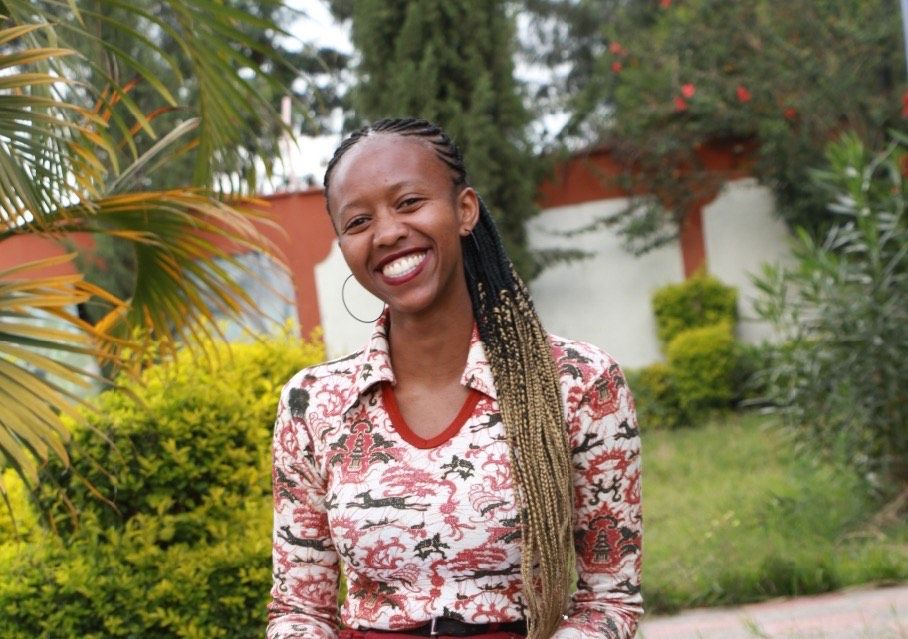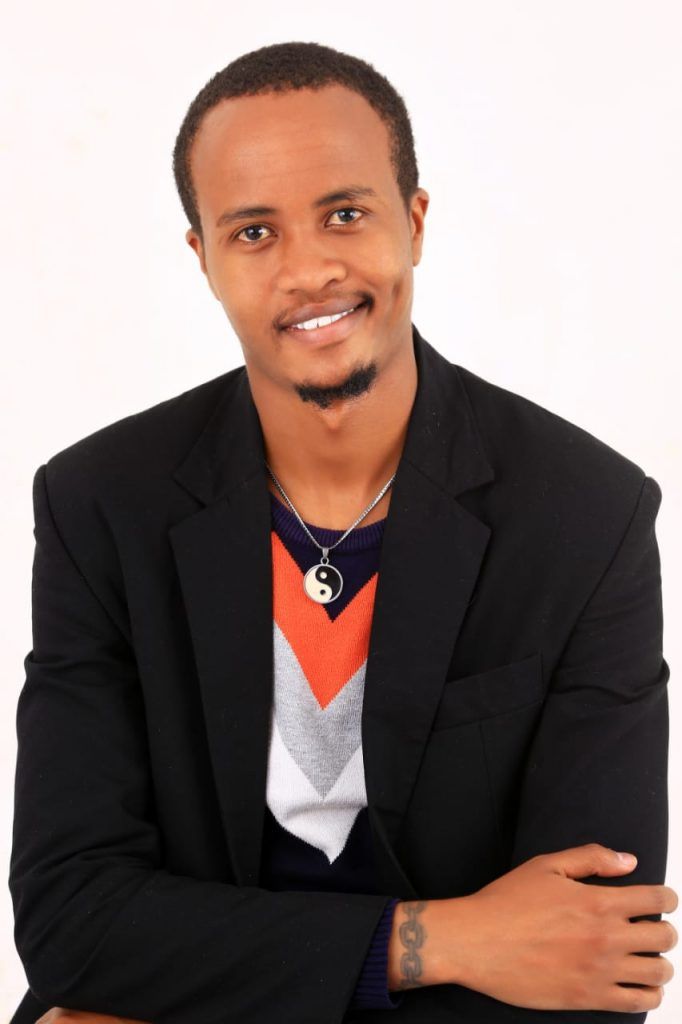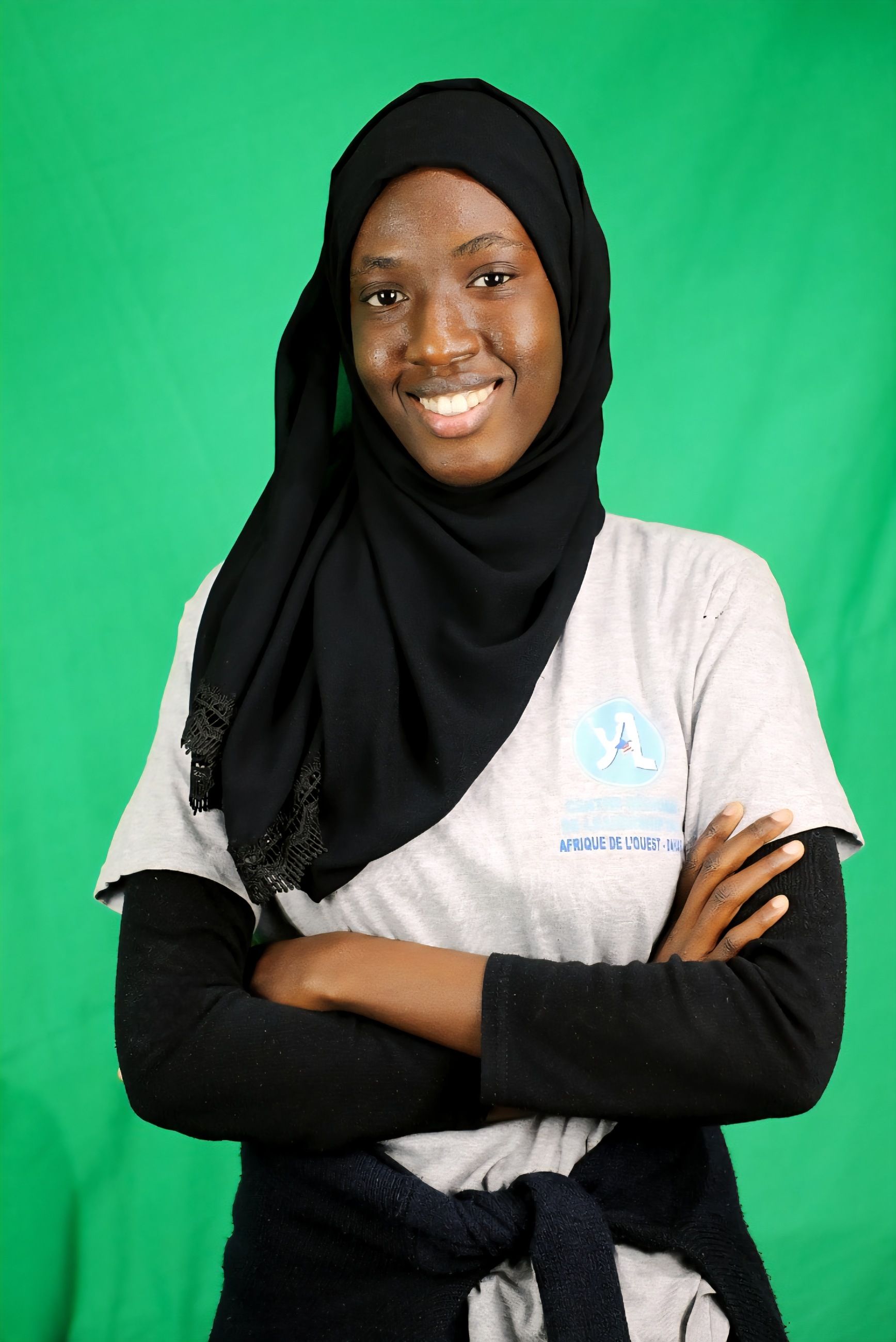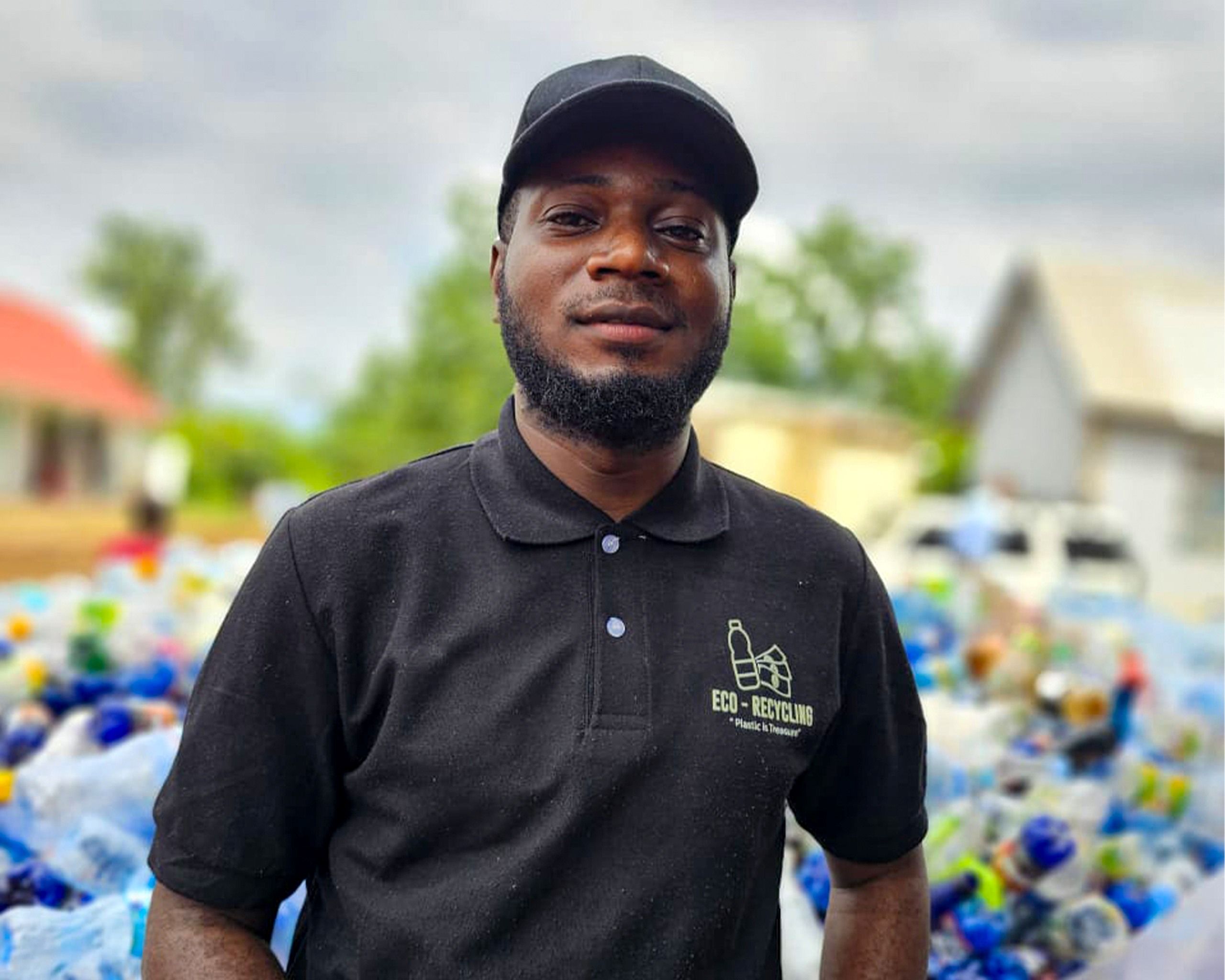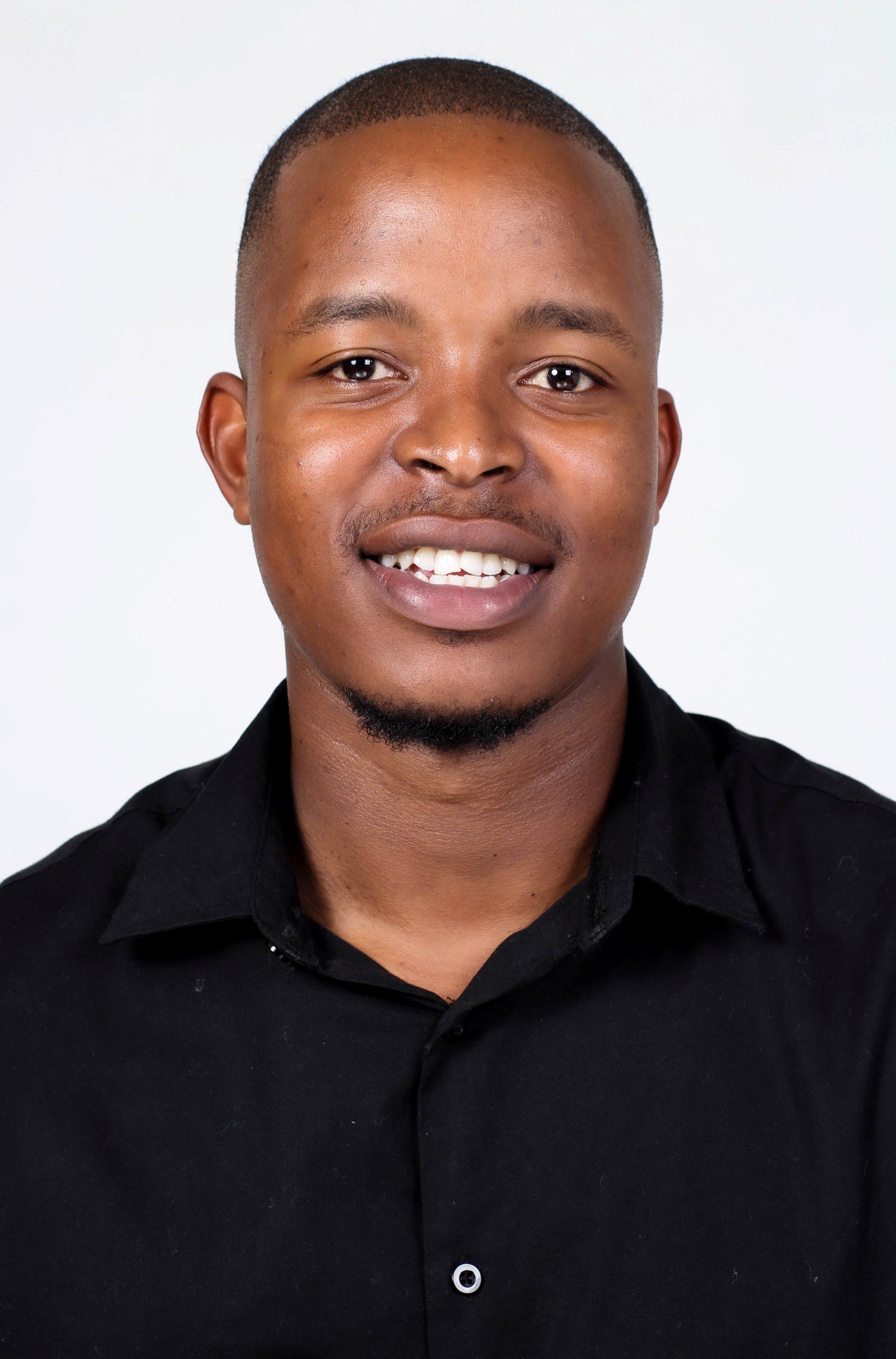In 2015, a young man, a student at Moi University in Eldoret, struggled in the claws of depression. Each new day, however, it seemed that the more he fought, the more depression sank sharp nails into his soul, tearing him apart from within.
The genesis of his turbulent internal weather had been something too common in our times: betting.
After receiving money from his parents for his school fees, he decided to place a bet, hoping it would earn him more money.
He lost the money. Knowing his background, the everyday struggles of his parents to make ends meet, guilt crept in on him and threw its entire unforgiving weight on his soul.
The next morning, the Moi University fraternity woke up to a chilling discovery. A young man’s body hung from a tree.
If this young man had been given a space to talk about his issues in communities that support each other to promote mental health, his story would have been different.
Unfortunately, we live in a world where opening up about our issues is seen as a weakness. But no, vulnerability is a strength. More than ever, we need communities that embrace vulnerability. Such unfortunate stories of depression should rise to remind us not to victimise anyone, but to do better as a society.
Phyllis Wanja, who was a third-year student at the university when the incident occurred, understands the need for a community that listens and promotes mental health. The 2015 events shoved her onto the career path she’s on today. Phyllis Wanja is the subject of this story. But where does her story begin?

Where it all began
Ambassador Phyllis Wanja Gitimu is an artist and innovator; the founder and CEO of Afyakili, a business using art to calm the mind and help people deal with mental health issues.
She is an ‘Ambassador’ because she received the title in 2021 to become the global peace country ambassador for mental health for Kenya, under the Global Peace Foundation, which is under the patronage of Dr Manu Chandaria in Kenya.
Her story, however, begins in Eastleigh in the early 90s. I interviewed her over a Zoom call in October 2025, and she narrated her story.
Phyllis Wanja was born in Eastleigh and grew up in Kahawa Sukari. She lived in a family of five, with her parents and two siblings. When she was in primary school, she discovered her talent for drawing.
“It all started in two thousand and four when I was in class four. I discovered I could draw!” Phyllis enthused.
“What did you discover you could draw?” I probed.
“Cartoons from books. I’d then show my parents, and they’d get so excited.”
Phyllis told me she was also good at drawing the structure of the heart during science classes and sketching the maps of Nairobi, Kenya and Africa during social studies lessons.
My mind went back to my own time in primary school and how, one day, my social studies teacher summoned me in front of the class and handed me a piece of chalk. Standing beside the blackboard, he commanded me, “Draw the map of Kenya and locate the capital city”. When I was done, he looked at the mangled map of Kenya and mocked, “Is that your underpants or the map of Kenya?” The class broke into laughter. I think the teacher then put a beating on me. I am not sure. My memory is fuzzy.
Smiling from the memory, I asked Phyllis, “How did you know you were so good at drawing them?”
“My teachers and my parents said so, and the other pupils came to me requesting that I draw the human heart for them, when our assignment was to draw one.”
Back at home, Phyllis kept surprising her parents with her skills.
“I’d show dad a cartoon on a page and tell him, ‘Dad, do you know I can draw this one?’”
Her father would reply, beaming with joy and pride, “You can?”
“Yes, Dad. Let me show you,” little Phyllis would say.
She’d then lean over a table and work magic on paper with a pencil, her eyes darting from the cartoon on the page of the book to her ongoing drawing.

“I would finish in less than twenty minutes,” she told me. “My dad would be so happy.”
However, the more Phyllis drew and sketched with skill uncommon in a child her age, the more she felt weird.
“I started getting worried and feeling like I was weird. Why was I able to do something other kids couldn’t? I thought like a child—I was one—and started worrying that my gift would make other kids hate me. I decided to stop drawing.”
Phyllis decided to fit in. To sing the common rhythm every other kid sang, so she could appear ‘normal’.
But over time, she noticed something that encouraged her to go back to drawing and apologetically be herself.
“I noticed that every kid had their unique gifts. Some were good at specific subjects, others at storytelling, and others excelled in sports. I decided I would also embrace my talent.”
Songs, sketches and the making of a leader
When Phyllis moved on to secondary school, she joined Narumoru Girls High School in Narumoru, Kenya.
Here, she discovered another talent.
“In the mornings, I used to sing carefree as I made my bed. One day, my friend heard me singing. She told me, Phyllis, you can sing! You have a great voice, and I think you should sing so the rest of the school can hear and discover you.”
I asked her whether she still drew cartoons in high school.
“Yes,” she told me. “I was famous for that. Students writing letters to their boyfriends in nearby boys’ schools would bring me the letters so I could sketch cartoons on them. It was unpaid work, but I enjoyed it. I just loved drawing,” she told me, giggling.
“And did you follow your friend's advice to also try singing?”
“Oh yes. I remember it was during one of these school events where students are packed in a hall and allowed to showcase their talents. I raised my hand. You see, I am a very bold girl. When I want to do something, I will make sure you see and give me a chance. I was called on stage, and I sang ‘The Promise’ by The Martins.”
The Promise is an uplifting Christian song. Part of the lyrics goes:
'Cause you know I made a promise that I intend to keep
My grace will be sufficient in every time of need
My love will be the anchor that you can hold onto
This is the promise, this is the promise I made to you
The more Phyllis drew cartoons, sang, and excelled academically, the more the school celebrated her. When she was in form three, the school made her captain.
Starting her entrepreneurship journey
Phyllis sat for her final secondary school exams and passed. In 2013, she applied for a course in entrepreneurship as her first choice. She told me, “I wanted to make a difference in the world, and I knew I could do that by being an entrepreneur using business as a tool for problem solving.”
“What about your art?” I asked her.

“I carried my art in my heart. I didn’t know what to do with it, but I loved drawing because it made me authentic. I wasn’t anyone else when I drew, I was Phyllis Wanja.”
Phyllis joined Moi University and began her studies in entrepreneurship. All through, she kept asking herself, “How can I incorporate my art into entrepreneurship and impact lives?”
The question plagued her, but even when no answers came, she still did her best. “In everything I did, I ensured I brought in my creative side. I approached problems artistically. I have a fire in me that never allows me to sleep when I want to achieve something. It’s a force that drives me to want to do things better.”
A tragic loss that inspired a mission
When she was in her third year, one day she woke up to the chilling news of a boy who had died by suicide. Students had discovered his body hanging from a tree near the river.
Word soon spread across the university that he’d left behind a note, chronicling how he’d placed a bet with all his school fees. The story troubled Phyllis, moved her, as she asked herself, “Was there nothing that could have been done to save that life?”
Something else angered her. “Some students were making fun of the situation, asking, ‘How can you hang yourself because of betting?’. This embittered me. It triggered me to think of a solution.”
Phyllis turned to Google, researching day and night about mental health. She then started posting mental health tips and lessons on her WhatsApp status.
“Some people thought I was strange, but others embraced my WhatsApp statuses as a learning resource. I soon started getting messages from students opening up about their mental health struggles.”
Meeting Dr Manu Chandaria
Phyllis had long admired Dr Manu Chandaria for his ability to build successful companies while helping society. She dreamt of meeting him one day. During one of her long holidays, she learnt that Chandaria would be giving a talk at USIU-Africa in Nairobi.
“I knew I had to attend the session, which was on the following day. It was close to home and I was on my holiday. But I didn’t know how to get Dr Manu Chandaria’s attention during the session. I then recalled the Word of God in Proverbs 18:16.”
Your gift will make room for you and bring you before great men.
That evening, Phyllis downloaded and printed a photo of Dr Manu Chandaria from the internet, and spent the whole night drawing.
“It was around my birthday, and I decided I’d gift myself a meeting with Dr Chandaria and give him a drawing of himself. I stayed up late, drawing him. By this time, I was a professional artist after taking a short course during my holidays.”
The next day, Phyllis sat through Dr Manu Chandaria’s talk, and when, after the talk, the moderator invited questions, she raised her hand high. Bold.
She got a chance to speak and said, “I just wanted to tell Dr Manu Chandaria how he inspires me. It’s why I do my best so I can be like him one day. I also have a gift for him.”
“Bring the gift and I will give it to him,” the moderator responded.
It wasn’t the outcome Phyllis expected. Her heart sank, but then soared when Dr Manu Chandaria said, “No, let the girl bring the gift herself.”

After the event, Chandaria took photos with Phyllis, and a journey of mentorship started. Phyllis also met Daniel Juma at the event. Juma worked at the Global Peace Foundation's Kenyan chapter under Dr Manu Chandaria. He has since become a permanent fixture in Phyllis’ life, offering invaluable mentorship in her social entrepreneurship journey.
The birth of Healing Lives
When schools reopened and Phyllis got back to Eldoret, Safaricom’s Be Your Own Boss (BYOB) announced the opening of applications in Eldoret.
Burning with inspiration and renewed fire in her belly from the Manu Chandaria encounter, Phyllis applied for BYOB in the creative arts category. She indicated in her application that she wanted to use art to calm minds through her newly founded organisation called Healing Lives.
She was selected to interview. When her interviewer asked her how she intended to use art to calm minds, her response was, “You don’t have to be an artist to draw. We are all artists in our own ways. I can guide you on the basics, and then you’ll be free to express yourself by sketching a star, butterfly, or something else.”
Before her interview, her father had sent via parcel services from Nairobi to Eldoret one of her artworks to show as an exhibit. It was the drawing of a kid with an Arafat scarf wrapped around his head.

A few weeks later, Phyllis received the news that she had been selected for the pitch competition. She attended pitching lessons organised by BYOB and pitched her idea on the big day. Her judges were comedian Njugush and Brian Wanyama, the artist behind Matwana Culture.
Phyllis won the competition and was awarded seed capital of one hundred thousand Kenyan shillings and airtime worth ten thousand Kenyan shillings.

Safaricom also spotlighted her all over the media, selling her story. The wave of fame was so strong that the BBC invited her for an interview. Phyllis felt her company was still in the ideation stage and therefore never gave the interview. She felt she needed to get the plane off the ground first.
Rebranding to Afyakili
“And how did you change your company’s name from Healing Lives to Afyakili?” I asked her.
“I realised there was a church called Healing Lives Ministries, and many other organisations with the same name. I brainstormed with a friend who came up with Afyakili, derived from the Swahili words Afya Ya Akili, meaning brain health.”
“And what activities did you carry out with Afyakili?”
“The daily posting on my statuses went on. I also started a WhatsApp community where we learnt about mental health issues and supported each other. It is active to date. The business angle of Afyakili came in this way. I’d be called to events to offer expressive art services for therapy. People and organisations would pay. They still pay. And let me tell you, there’s no one we’ve given a pencil or brush who was unable to express how they felt through art. Because I am a professional artist and entrepreneur, at such events I carry my professional artistry tools and have psychiatrists and therapists accompany me. I guide my clients through the expressive art sessions, while the doctors handle the deeper psychological parts. We also give opportunities for story time, where anyone can share their stories. “

“Is there a success story you’d love to share?”
“Yes,” Phyllis told me. “There’s this boy who took the stage and shared how he had lost his mother. For a long time, he’d felt empty. Through expressive art therapy and with the help of the doctors, he overcame the feeling of emptiness and found purpose in life. He went on to succeed in his education and is now a lawyer.”
Like any entrepreneur, there have been moments when the burden was too heavy and Phyllis wanted to quit.
“It’s not been an easy journey. There are moments when the weight of responsibilities was too much, and I wanted to fold. But my family members—especially my dad, mum, brother, sister, and a close aunt—have been my support system.”
From local impact to global recognition
After graduating from university, Phyllis decided to further her studies. She joined Cyton College to learn Business Administration and how to invest in real estate. It was at Cyton where she polished her fellowship application skills. She had previously applied unsuccessfully many times for YALI and the Mandela Washington Fellowship for Young African Leaders.
She applied for YALI again in 2018 and received an acceptance into the business track. She participated in the regional leadership centre in 2019 at Kenyatta University.

Her success story took flight since then.
“In 2020, I won the Tony Elumelu Prize for Entrepreneurship. That same year, I was nominated for the Diana Award, an award in honour of Princess Diana. It recognises young people doing work that’s uplifting society. I won it, and my award was sent to Kenya from the royal family.”

Phyllis also participated in the World YMCA Forum as the youngest in the global mental health conversations. Through the forum, she connected with Klyk, an organisation based in Singapore. Klyk offered Afyakili financial support and helped Phyllis create a logo. She is still working with them.
She then participated in the first cohort of the Global Peace Country Ambassadors (now the President’s Fellowship), run under the patronage of Dr Manu Chandaria. It was here that she emerged as the best female of the cohort, and the fellowship bestowed upon her the title ‘Ambassador’. She became Kenya’s ambassador for mental health.
In 2024, she received the Chandaria Award, and that same year, she applied for the Mandela Washington Fellowship for the eighth time! This time, she got it.
“I started applying for the Mandela Washington Fellowship when I was twenty-two. I only got it when I was thirty. I am one person who can never give up on what I want.”
The Mandela Washington Fellowship also competitively selected Phyllis for a Personal Development Experience, PDE, after the fellowship.
“How can you sum up the lessons you learned through the fellowship and the PDE?” I asked her.
“The first one is that with God, all things are possible. The other lesson I carried back home is that it is possible to own assets, build a company, and set up structures and systems that work well in serving the community. I am glad I got the opportunity to experience the fellowship and see how systems work in the US. It has inspired me to work to execute efficient systems in Kenya, through Afyakili.”
***
This story is part of a series Lesalon Kasaine is writing, of the stories of select 2025 Mandela Washington Fellows. Read more about the Mandela Washington Fellowship for Young African Leaders, a program run by the US Department of State. Lesalon was himself an MWF 2025 Fellow.

